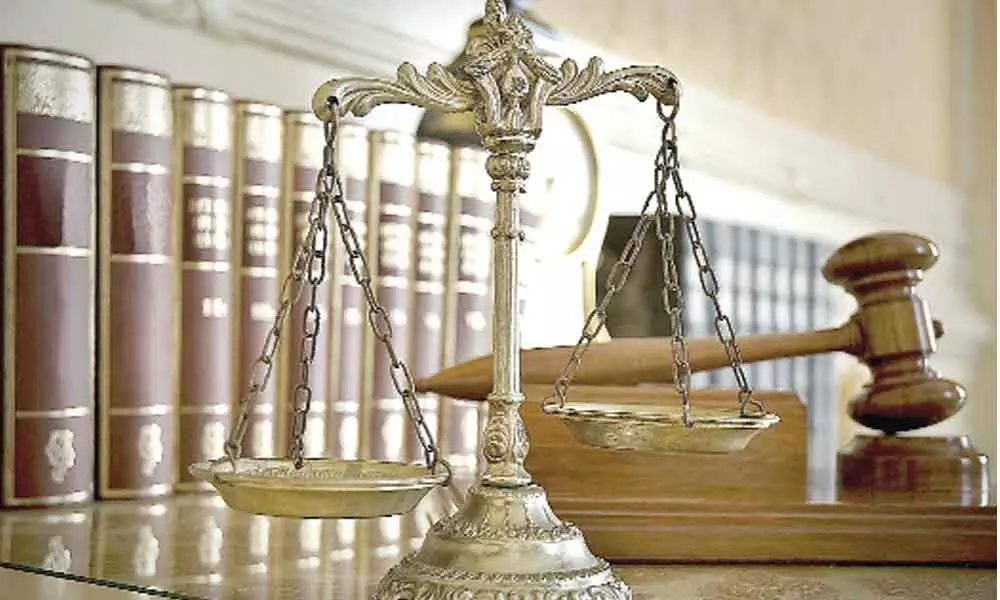Trial courts serve as the foundational institution for dispensing justice in our legal system. However, the occurrence of unfair decisions within these courts is not uncommon, and various underlying factors necessitate our scrutiny.
Inadequate Legal Representation
Inequitable access to legal representation is a prominent factor contributing to unjust trial outcomes. It is not uncommon for individuals to lack the privilege of retaining the services of the most proficient federal criminal appeal lawyers.
The absence of competent legal counsel can lead to significant shortcomings in the representation, such as legal misunderstandings, misinterpretations, or the oversight of critical evidence, thereby undermining the fairness of the trial.
Legal Complexity and Miscomprehension
The inherent intricacies of the legal system pose a substantial challenge for laypersons. Grappling with the comprehension of legal terminology, court protocols, and one’s legal rights is, at times, a daunting task. The complexity can foster misunderstandings and misinterpretations of the law, precipitating trial outcomes that might be unjust.
Resource Disparity
Resource inequality is yet another influential determinant of unfair decisions within trial courts. Financial constraints can limit the ability of some individuals to secure the services of the best federal criminal appeal lawyers, while others can engage top-tier legal representation. This disparity often leads to imbalances in the quality of legal advocacy and, consequently, divergent trial outcomes.
Inherent Biases and Prejudices
Human prejudices and biases, whether overt or subconscious, significantly impinge on trial court decisions. Judges and jurors, being human, are susceptible to personal predilections that may influence their judgments. This susceptibility can give rise to unjust treatment rooted in factors such as race, gender, or socioeconomic status, thereby affecting the verdicts issued by the court.
Erosion of Trust in the Legal System
The cumulative impact of unfair trial decisions culminates in the erosion of public trust in the legal system. When individuals perceive that justice is meted out in a partial manner, their faith in the legal system diminishes. This dwindling trust has far-reaching consequences, affecting adherence to the law and undermining confidence in the equitable nature of the judicial process.
The Role of Appeals in Seeking Redress
In instances where unfair decisions emanate from trial courts, the appellate process offers a recourse for rectifying such miscarriages of justice. The expertise and experience of the best federal appeal lawyers are pivotal in navigating the intricacies of an appeal. These legal experts possess the acumen to identify legal errors, advance compelling legal arguments, and work toward the reversal of inequitable trial verdicts.
The Impact of Unfair Decisions on Individuals and Society
The ramifications of unjust trial court decisions extend beyond the individuals directly affected. For those who experience an unfair trial outcome, the impact can be devastating. It may result in loss of livelihood, liberty, or reputation. The psychological toll of navigating an unfair trial process can be profound, leading to a loss of faith in the legal system and a sense of disenfranchisement.
Moreover, the societal implications of widespread unfair decisions are significant. When a community perceives systemic injustice within the legal system, it can breed distrust and discontent, potentially leading to societal unrest and a diminished regard for the rule of law.

Addressing Systemic Issues for Fairer Trials
To mitigate the prevalence of unfair decisions in trial courts, systemic changes must be considered. Ensuring equal access to competent legal representation for all individuals, regardless of their financial standing, is imperative. Implementing training and protocols to address biases among legal professionals, judges, and jurors is essential to foster a fairer judicial process.
Furthermore, promoting legal education and simplifying legal procedures for laypersons can enhance understanding and participation in the legal system, fostering a more just and equitable environment within trial courts. Such systemic changes pave the way for a more impartial and fair legal landscape for all involved.
Conclusion: The Significance of Brownstone Appeal Lawyers
In summation, the pursuit of justice, at times, faces considerable impediments that lead to unjust decisions in trial courts. Nevertheless, the appellate mechanism offers a ray of hope for rectifying these injustices. Engaging the services of the best federal criminal appeal lawyers becomes imperative in navigating this path effectively.
Notably, Brownstone Law Appeal Lawyers, renowned for their remarkable track record and unwavering commitment to justice, emerge as the lodestar for individuals seeking equitable outcomes when confronted with injustices stemming from trial court decisions. Their dedication to ensuring a just appellate process underscores their crucial role in the pursuit of justice.


